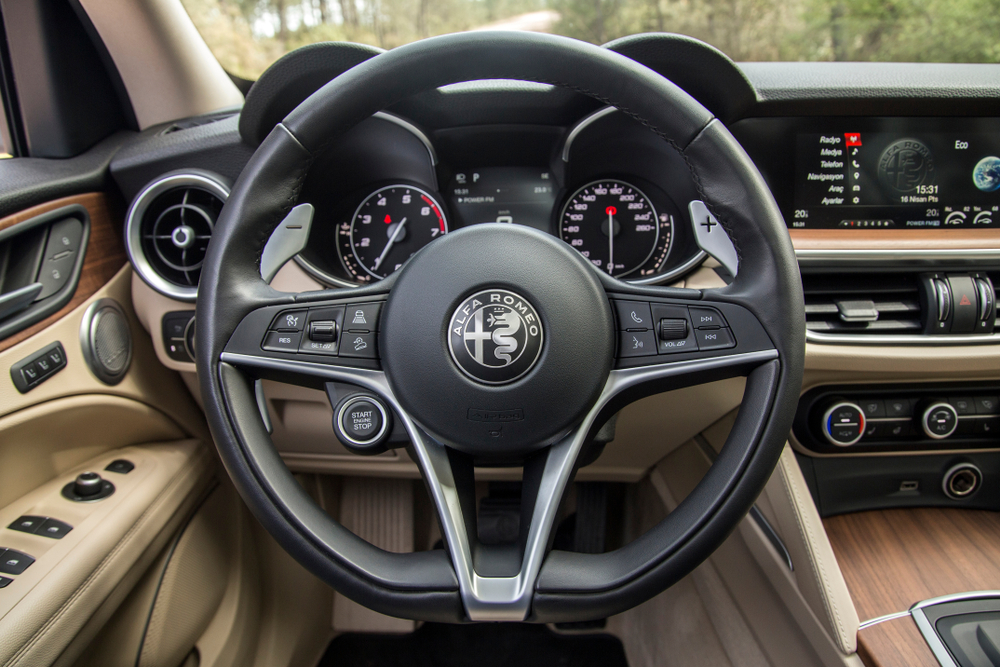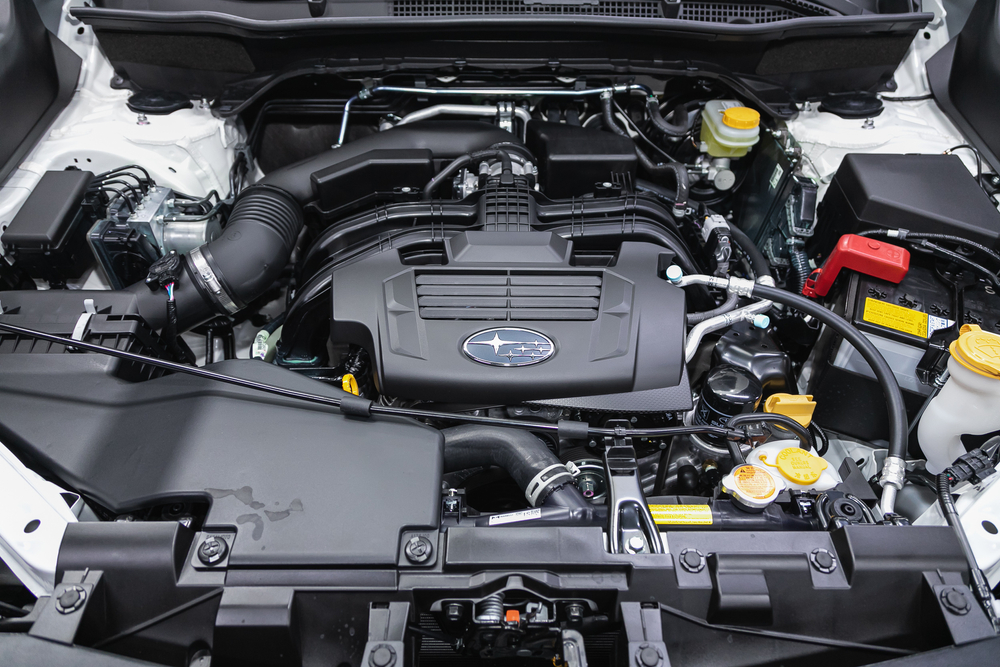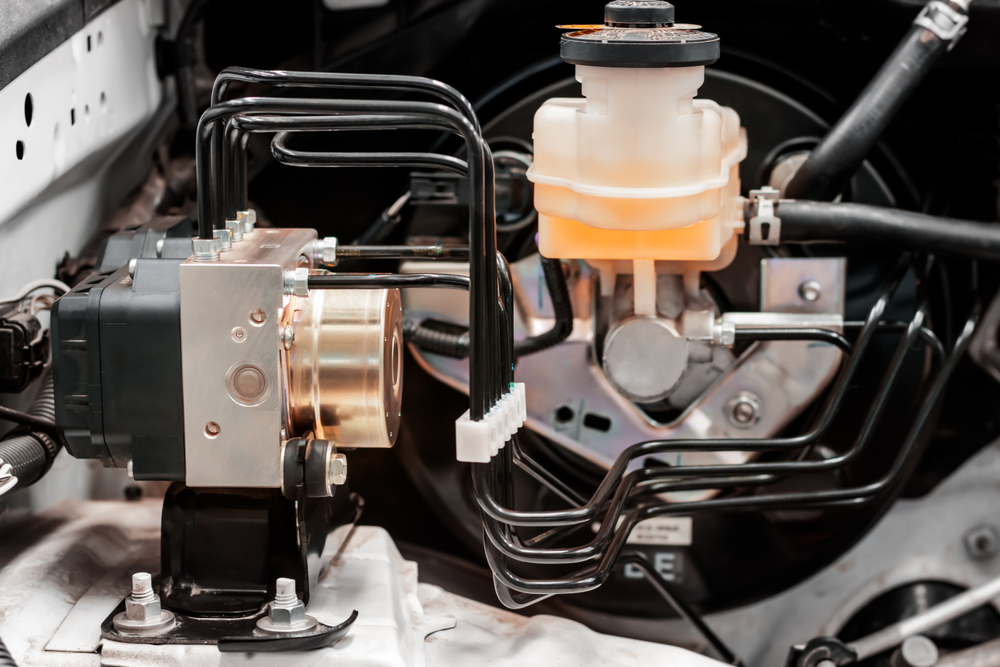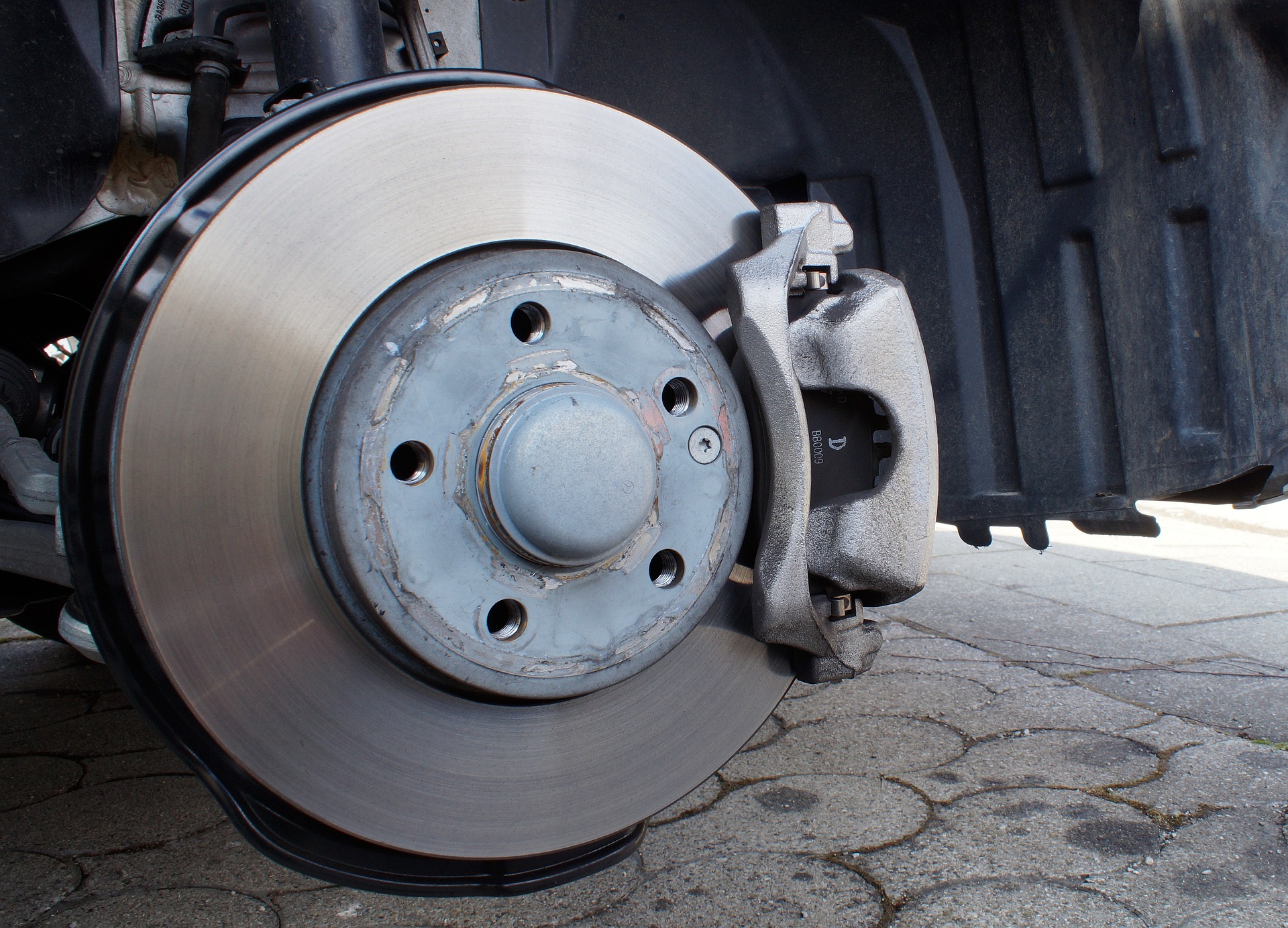
Alfa Romeo is a modern-day classic with roots that date back to 1911. Since 1986, this range of automobiles have been part of the Fiat group, and since 2007, it has been part of Fiat Chrysler Automobiles.
Alfa Romeo vehicles come in various shapes and sizes, ranging from saloons to SUV models. These models are; Alfa Romeo Giulietta, Alfa Romeo Giulia, Alfa Romeo 4C, Alfa Romeo 4C Spider, Alfa Romeo Stelvio Quadrifoglio, Alfa Romeo Giulia Veloce, Alfa Romeo Giulia GTA, Alfa Romeo Stelvio, Alfa Romeo Giulia Quadrifoglio, and Alfa Romeo Tonale.
So regardless of the model, routinely incorporating Alfa Romeo servicing in its use is necessary. Because like every other car on the road today, your Alfa Romeo must be properly serviced in order to get the most out of it.
A regular Alfa Romeo servicing can aid in the detection of potential issues before they become serious. Essential inspections will be performed on crucial vehicle parts during your Alfa Romeo servicing to ensure that these important parts do not fail you when you need them the most.
Many of the parts and systems in your Alfa Romeo are not meant to last forever, and some Alfa Romeo parts may need to be replaced at some point. This is normal especially with wear-and-tear parts of your vehicle like the brakes, clutches, brake pads, windscreen wipers, headlight bulbs etc.
The good news is that Kinghams Croydon has got you covered, as regardless of the model, we offer a full range of Alfa Romeo servicing. We aim to keep your car running smoothly, through our well equipped service team, who have undergone intensive Alfa Romeo servicing training, using the latest diagnostic tools.
Common Faults that Necessitate an Alfa Romeo Servicing
Fuel Leaks
The integrated fuel pressure and temperature sensor in the affected vehicles may have an influence on the fuel supply line due to a manufacturing issue. Fuel leakage could occur as a result, raising the risk of a fire in the engine compartment.
Water Damage
Alfa Romeo owners are often concerned about damage, especially here in the United Kingdom where vehicles are frequently exposed to damp weather. This especially affects Alfa Romeo Spider owners because of the potential damage to their convertible roof. Water entry into the rear of the vehicle, where the roof control unit is housed, is a problem with this model. This frequently results in water damage to the control unit, necessitating costly convertible roof repairs.
Suspension Faults
Your suspension system works hard to make you comfortable while driving by smoothing out bumps along the way and keeping the wheels as close to the ground as possible. However when the suspension system is faulty, you get to experience that the car pulls to one side while driving, you feel every bump, and also experience difficulty while steering.
You do not need to wait for your vehicle to encounter these faults before you consider an Alfa Romeo servicing. We recommend that you bring in your Alfa Romeo for servicing two times a year on an average, or after every 10,000 miles.
Remember, regular maintenance of your vehicle is essential for safety and can give you peace of mind. Do ensure to give us a call today on 02086291420, let us cater to your Alfa Romeo servicing needs.




